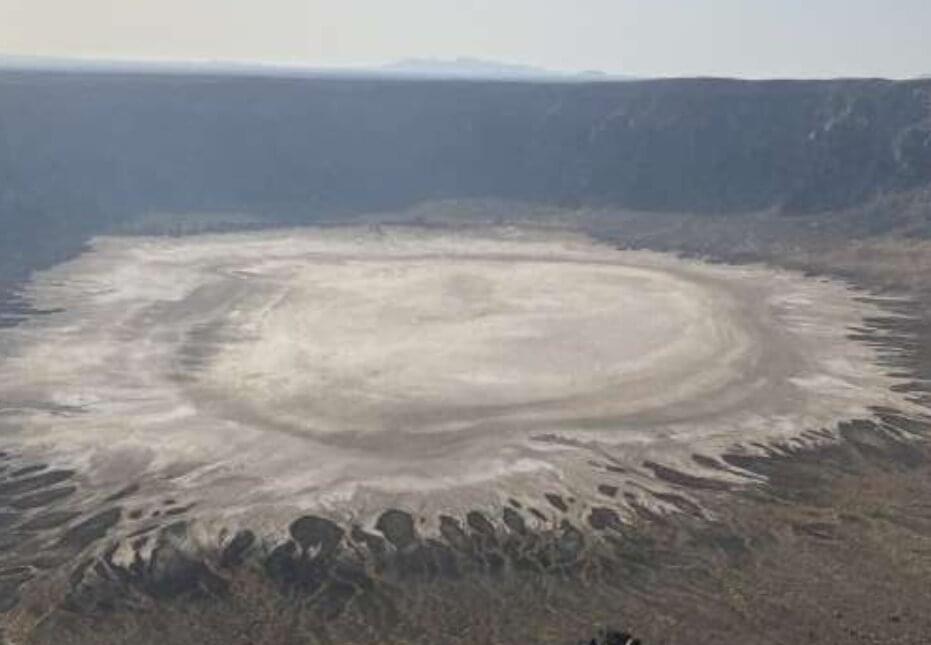A comprehensive analysis of bacterial communities from Deception Island, an active volcano in Antarctica, highlights the potential for using heat-loving bacteria to clean up oil contamination, new research led by KAUST researchers shows.
Júnia Schultz recently joined KAUST as a postdoc working with Alexandre Rosado. She has set her sights on characterizing the microbiome of extreme terrestrial environments in Saudi Arabia, including volcanoes, deserts and geothermal sites. These extremophiles, bacteria that grow in the world’s most extreme environments, including those that love heat (thermophiles), hold immense potential for a myriad of biotechnology applications.
“Extremophiles thrive under a multitude of hostile conditions and have adapted to remain metabolically active in challenging circumstances,” says Schultz. “They exhibit versatile, diverse metabolic and physiological capabilities and often synthesize valuable bioproducts.”
